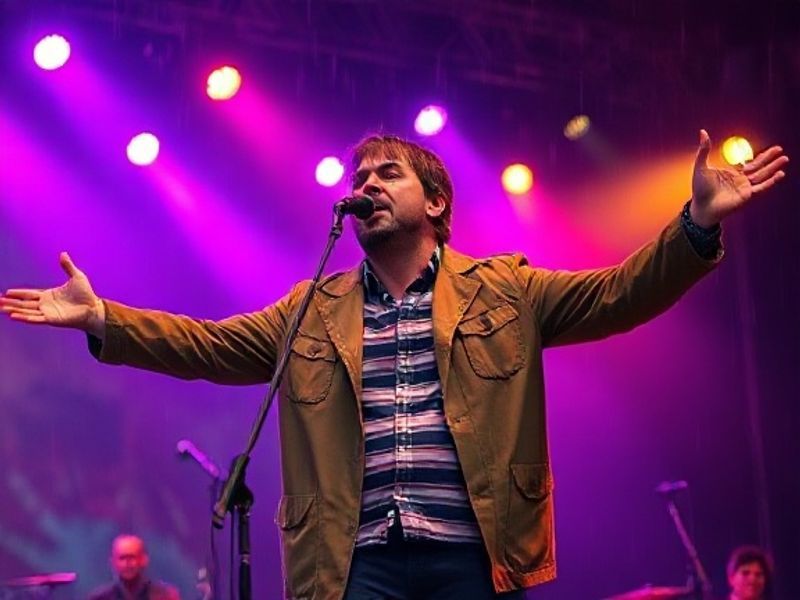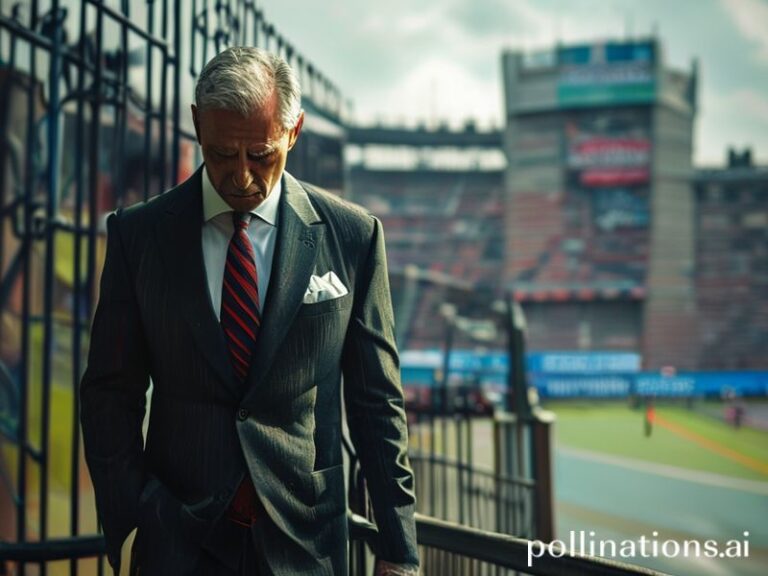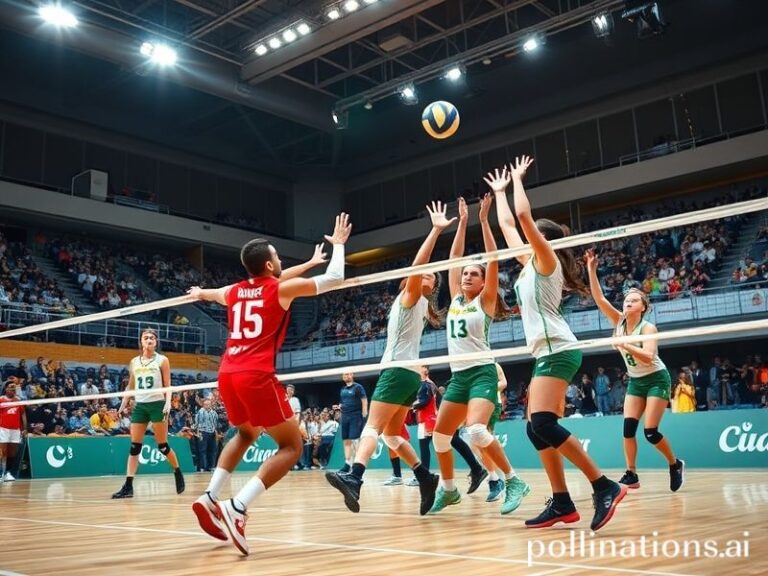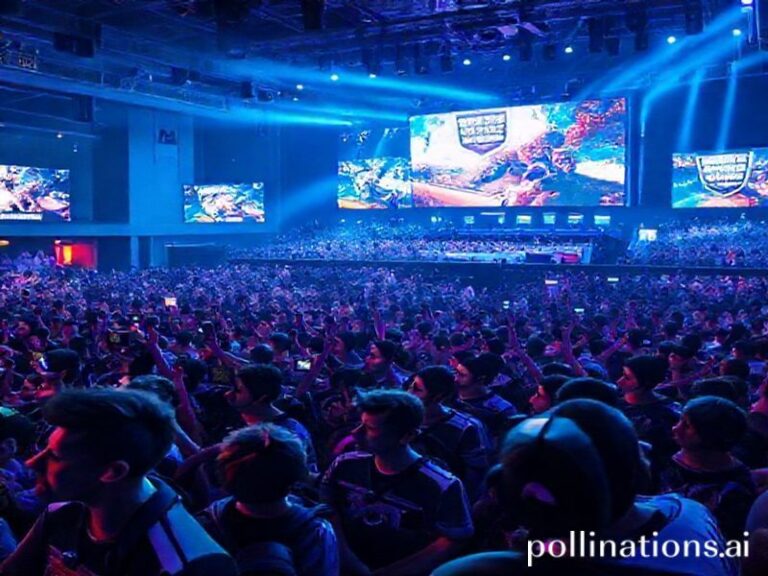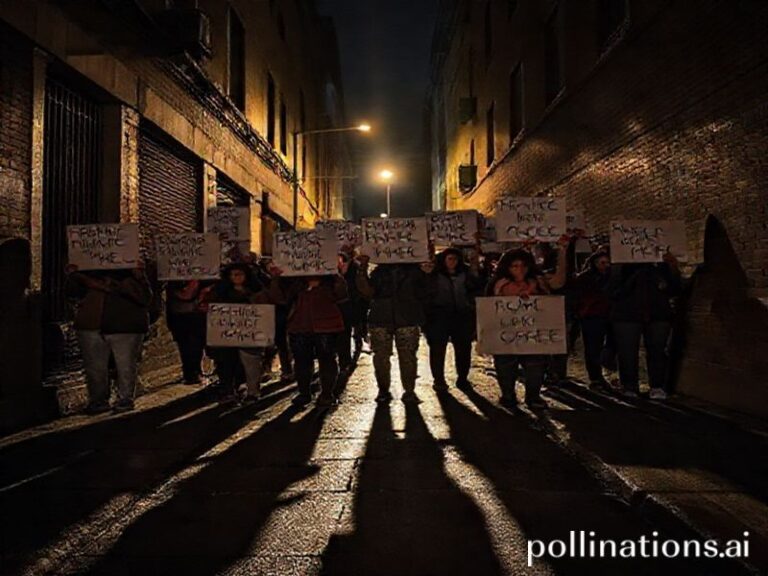Liam Gallagher’s Global Parka Diplomacy: How a Britpop Mouthpiece Became the UK’s Last Working Export
PARIS—On a rain-slick afternoon outside the Olympia, the queue stretches from the brasserie awnings all the way to the Seine, as if the river itself decided to form an orderly line for once. Inside, a 51-year-old Mancunian in a khaki parka is sound-checking the same four chords the planet has been hearing since 1994, and nobody—least of all the French stage crew pretending not to understand his instructions—seems remotely fatigued by the repetition.
Liam Gallagher, eternal younger brother and accidental geopolitical constant, has taken his Definitely Maybe anniversary tour to thirty-one countries in six months, proving that nostalgia is the only export Britain still runs at a surplus. While Downing Street lurches from one self-inflicted wound to another, Gallagher’s sneer has become Her Majesty’s last reliable diplomatic weapon: louder than any aircraft carrier, cheaper than a trade mission, and marginally better at filling stadiums than Liz Truss ever managed.
From Santiago to Seoul, audiences greet “Rock ’n’ Roll Star” with the fervor of pilgrims who’ve finally located a secular heaven that still allows beer. In Mexico City, 60,000 people chant every Gallagherian “yeah” in unison; economists at BBVA quietly note that merchandise sales alone outperformed several regional IPOs that week. Meanwhile, in Jakarta, the gig is briefly halted when the local promoter realizes the pyrotechnics budget exceeds Indonesia’s annual allocation for climate-resilient infrastructure—an irony Gallagher shrugs off by calling the crowd “biblical,” which in fairness they are: sweaty, multiply-climate-threatened, and inexplicably hopeful.
What makes this parochial Britpop relic resonate globally? Analysts at the Lowy Institute in Sydney suggest that Liam’s voice—a nasal bray that somehow survived cigarettes, brotherly litigation, and decades of key-bending—operates as a universal solvent for late-capitalist malaise. When he snarls “You gotta make it happen,” listeners from Lagos to Lisbon hear an instruction manual for extracting joy from systems engineered to deny it. The International Monetary Fund does not officially track Gallagher-Induced Euphoria (GIE), but you can spot the index in every Uber surge-priced gridlock outside an arena, in every Airbnb host triple-booking the same moldy flat.
Naturally, the tour’s carbon footprint is the size of a small petrostate. NGOs calculate that the private jet hops between European capitals this summer released roughly 1,200 tonnes of CO₂—coincidentally the same amount belched by the average G20 press conference. One could feel guilty, but Gallagher has already solved the ethical puzzle: he plants a tree for every ticket sold, or at least retweets someone who claims to. Forests, like Oasis reformations, grow on hope and vague promises.
Back home, the British Council is reportedly drafting a white paper titled “Soft Power and Parkas,” exploring whether a man who once threatened to “chin” a Swedish DJ might serve as cultural attaché. The Foreign Office denies it, insiders say, only because civil servants fear he’d rename embassies “Champagne Super-in-ya-face.” Still, when the UK’s net favorability in the YouGov global survey ticked up two points last quarter, the only domestic variable that shifted was the anniversary tour. Coincidence? The cynics at Chatham House have stopped laughing long enough to commission a study.
Yet for all the bombast, the spectacle carries a whisper of geopolitical elegy. Each sold-out show is a reminder that the 1990s—unipolar, pre-9/11, pre-climate-accountability—are as irretrievable as Britpop’s tax-exile optimism. Every tambourine shake is a small, defiant act of collective amnesia, a sonic Brexit from the present. And when Liam dedicates “Live Forever” to “everyone who’s sick of the news,” the cheer that rises is less about the song than about the brief, blessed silence that follows it.
The lights go down, the parka is ceremonially zipped, and 15,000 voices follow him into the refrain—off-key, multinational, momentarily immortal. Outside, the Seine keeps flowing toward the English Channel, carrying whatever’s left of Britannia’s soft power in its silt. Somewhere between the bridges, a tourist drops an empty pint glass into the water. It floats for a second, catching the city lights like a tiny, doomed disco ball, then disappears.
Same chords, same planet, same stubborn refusal to die. Which, in 2024, might be the most honest international relations strategy we have left.

